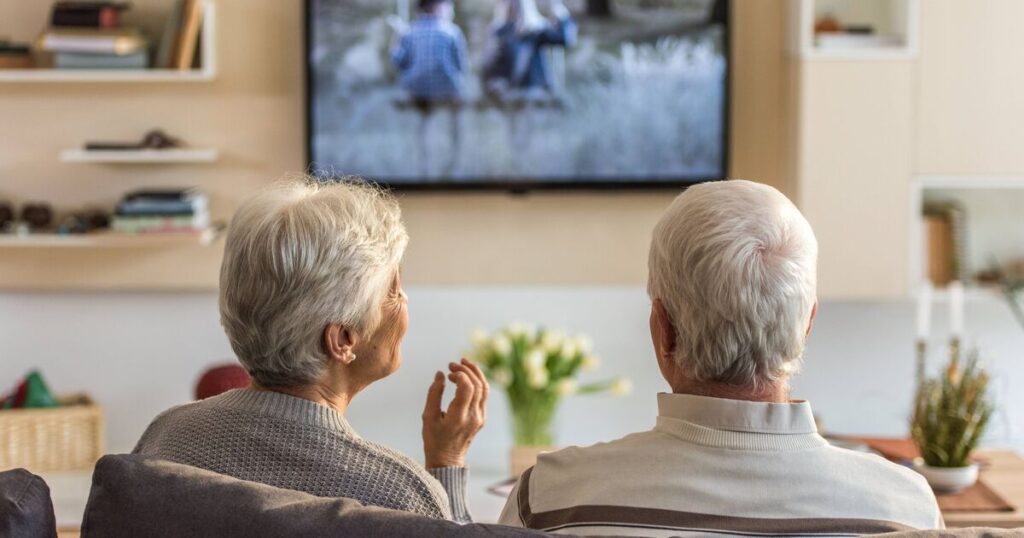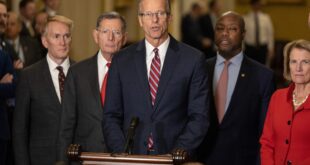
A pivotal moment has been reached in the campaign for free TV licences for those over 66, as a petition on the parliament website surpasses 50,000 signatures, halfway to triggering a debate in the House of Commons.
This development means the government will be compelled to justify its stance, intensifying the pressure from supporters of the initiative. The petition, which can be found here, now boasts 50,644 signatures and states: “We want the Government to fund free TV licences for existing pensioners and those who reach the official retirement age.
“When people reach retirement age, we think they should receive a state-financed free TV licence. Many pensioners live on the breadline with only the TV for company. With the cost of food soaring and utility bills ever higher, we feel there is a desperate need to provide all pensioners with at least this concession.”
The Department for Culture, Media and Sport has already been prompted to respond due to the petition’s impact, clarifying the government’s position after the Petitions Committee found the initial response lacking, leading to an updated statement from officials.
Following pressure from a powerful group of MPs, the government was compelled to revise its stance in a recent update. At present, free TV licences are granted to pensioners aged 75 or over who, or whose partner, receive Pension Credit, with the BBC shouldering the cost for these households.
However, there is a debate that the £174.50 annual licence fee should be waived for those over 66. Signs of change are on the horizon – Culture Secretary Lisa Nandy dismissed the idea of replacing the licence fee with general taxation last month and stated in November last year that the Government would explore alternative funding methods for the BBC during a review of its Royal charter.
The Wigan MP expressed her concerns about the current system: “We recognise there are problems with the licence fee. Fewer and fewer people are paying it.”
She added, “It’s unenforceable and particularly I’ve been very concerned about the way it’s been enforced in the past, with women – particularly vulnerable women – targeted for enforcement action, and the BBC itself has accepted that.”
She concluded by saying, “So we know that there are problems with the licence fee system as it currently exists. We’re about to kick off the charter review and as part of that we’re reviewing the licence fee.”
The DCMS stated: “The Government is committed to the current licence fee for the remainder of this Charter and, as such, will not be changing the available concessions at this stage. The BBC remains responsible for the over-75s concession, including the decision to provide free TV licences for over-75s in receipt of pension credit. Given the existing BBC concession, we have no plans to introduce a new Government concession for all pensioners at this time.”
Looking towards the future, they added: “Looking further ahead, the Secretary of State has been clear that the BBC must be funded by a model that is sustainable and fair to all those that are paying it. The forthcoming Charter Review is a key opportunity to set the BBC up for success long into the future. It will consider a range of options for funding the BBC, including how they can support the BBC in a way that is sustainable and fair. We are thinking creatively about options for the future, to ensure we future-proof our national broadcaster for many years to come.”
Lisa Nandy has previously indicated her openness to replacing the flat licence fee with a sliding payment scale following a proposal by the BBC’s new chairman Samir Shah. For the complete updated response and to view the petition, click here.
 Latest World Breaking News Online News Portal
Latest World Breaking News Online News Portal






